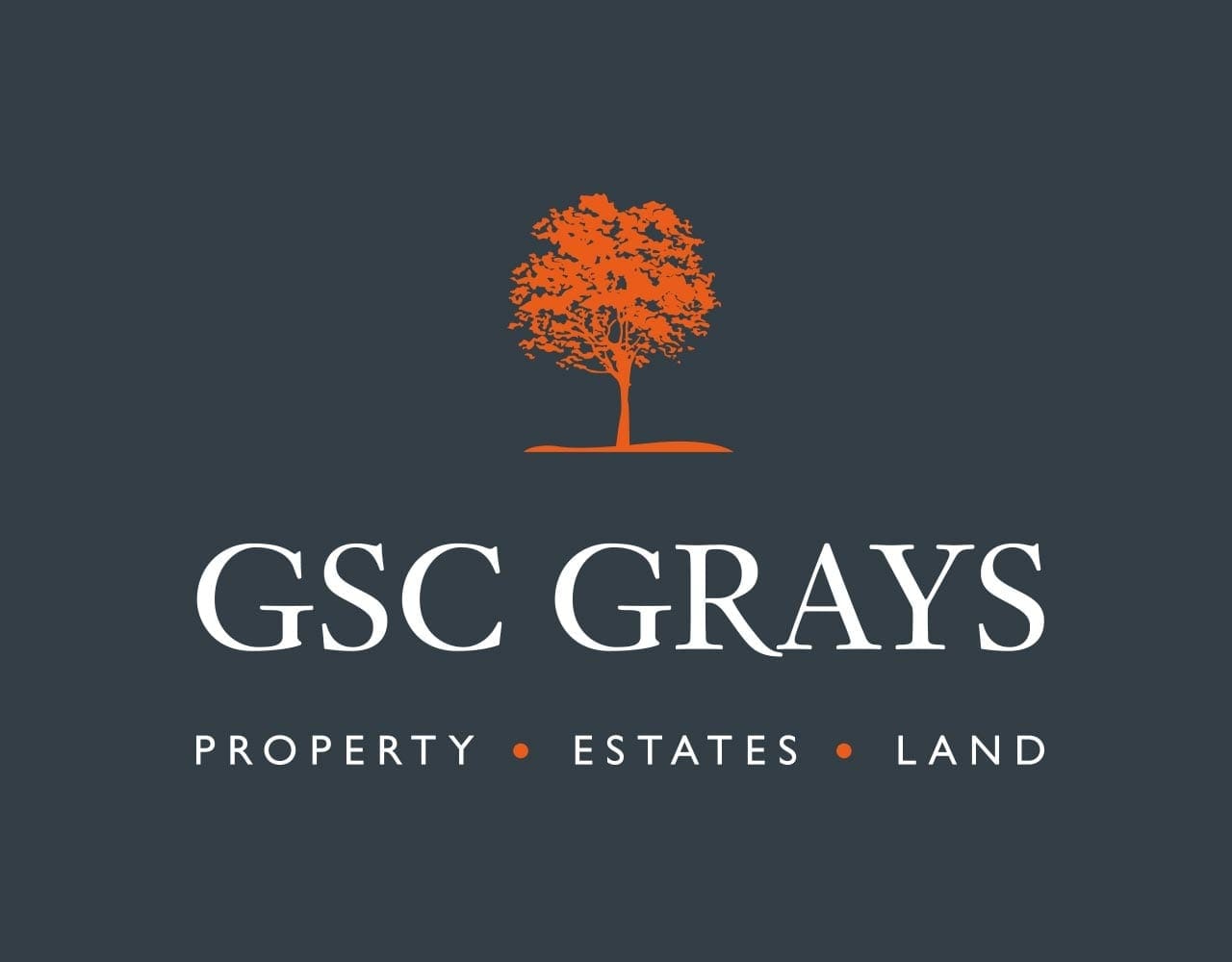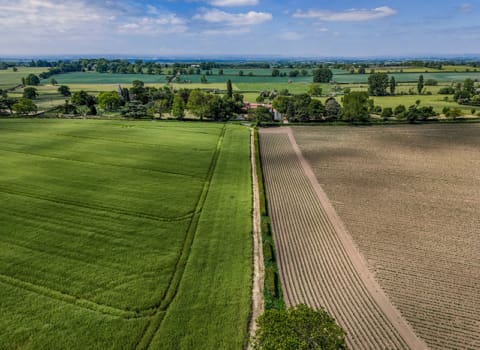Contact our offices
Main office
COLBURN
5 & 6 BAILEY COURT
COLBURN BUSINESS PARK
RICHMOND
NORTH YORKSHIRE
DL9 4QL
Estate Agency Offices are located in
BARNARD CASTLE, BOROUGHBRIDGE & RICHMOND
Residential Management Team
Our Offices
- Alnwick
01665 568310
Email Officealnwick@gscgrays.co.uk - Barnard Castle
01833 637000
Email Officebarnardcastle@gscgrays.co.uk - Boroughbridge
01423 590500
Email Officeboroughbridge@gscgrays.co.uk - Chester-Le-Street
0191 3039540
Email Officechester-le-street@gscgrays.co.uk - Colburn
01748 897630
Email Officecolburn@gscgrays.co.uk - Driffield
01377 337180
Email Officedriffield@gscgrays.co.uk - Hamsterley
01388 487000
Email Officehamsterley@gscgrays.co.uk - Hexham
01434 611565
Email Officehexham@gscgrays.co.uk - Kirkby Lonsdale
01524 880320
Email Officekirkbylonsdale@gscgrays.co.uk - Penrith
01768 597005
Email Officepenrith@gscgrays.co.uk

May 2015 – A Month of Change!
CAP Reform has led to the introduction of the Basic Payment Scheme. This has received a lot of attention with DEFRA drip feeding details of the new regime. This has been particularly so for arable farmers over the last few months as they grapple with sowing decisions which will affect their claim in May 2015.
A week before the BPS claim date however the country will vote in the general election on the 7th May.
A recent Yougov/Electoral Calculus prediction published in the Telegraph forecasts a 40 seat majority for Labour. The likelihood of a Labour majority or a Lib/Lab coalition should make property owners consider the possible implications of this whilst there is time to plan within a known fiscal framework.
The Lib Dem’s have their much championed Mansion Tax on properties worth in excess of £2,000,000, something which Labour will probably also introduce. There are other areas of tax however which could also be looked at, which are less politically sensitive than Income Tax or VAT and likely to grab fewer headlines than the Mansion Tax.
Inheritance Tax
Increasing house prices will see the number of properties caught by Inheritance Tax going up if the threshold remains unchanged at £325,000. The average house price in the UK is £279,083, but in the north east is only £174,712 (source: Zoopla). In terms of residential property, this should afford some comfort to the region however, for the owners of other types of property, there are some other areas to look out for.
The removal of Agricultural Property Relief is perpetual concern for rural property advisors. A cash strapped Labour or Lib/Lab government however would make pressure for change more realistic than it has probably been for many years.
In addition, the current lifetime Inheritance Tax rate is 20% against 40% on death. Taper Relief increases the Lifetime Rate of tax where death follows within 7 years of a lifetime transfer. Both of these are areas which might be looked at. If you are considering a lifetime transfer, it will probably be sensible to progress this sooner rather than later, if it is otherwise sensible to do so.
Capital Gains Tax
With an annual allowance of just £11,000 coupled with tax rates of 18% for payers of standard tax rate and 28% for higher/additional tax rate payers and trusts, the availability of Entrepreneurs Relief is significant. This allows the first £10,000,000 of gain to be taxed at 10% which is clearly highly attractive for those people who find themselves eligible. Whilst Entrepreneurs Relief might remain, the eligibility criteria could well change from its current low bar.
Labour are pledging to get house building to 200,000 homes per annum by the end of the next Parliament. This compares to 137,780 new homes started in the year to 30th June 2014 (source: Department of Communities & Local Government). As a consequence, more Greenfield land is going to have to come forward in order to satisfy this target. This Greenfield Land will see a very significant increase in capital value, the tax on which will be moderated if the payer is eligible for Entrepreneurs Relief.
Stamp Duty Land Tax
Finally, Stamp Duty Land Tax currently has a rate of 4% over a value of £500,000 for non-residential property. This compares to residential rates of 5% on properties between £1,000,000 and £2,000,000 and 7% on properties worth more than £2,000,000. A realignment of non-residential property rates in line with residential would see a 250 acre arable farm worth £8,500 per acre currently pay £85,000 in SDLT. At 7%, this would rise to £148,750. Any change to the rates would probably be accompanied by a greater differentiation of property types which might cause a different set of issues for some people.
Whilst there might be a Lib Lab coalition or an outright Labour Government, the ongoing discussions regarding the evolution of more powers to Scotland and English votes on English laws could well hamper its ability to force through its legislation.
Whatever happens after 7th May, Westminster is going to be a politically interesting place and probably a lot more nuanced than we are used to. This will however lead to uncertainty which I think will make decision making after the Election far more difficult. Whilst all decisions should be made for commercially correct reasons, you must be aware of the tax implications associated with those decisions. I would urge people to consider a review of their property values and the tax issues associated with their plans for the future. Armed with this information you should be well placed to either bring forward decisions or to chart a course through the turbulent waters which I expect we will enter next summer.
Calum Gillhespy, Director GSC Grays tel: 01748 829210










